
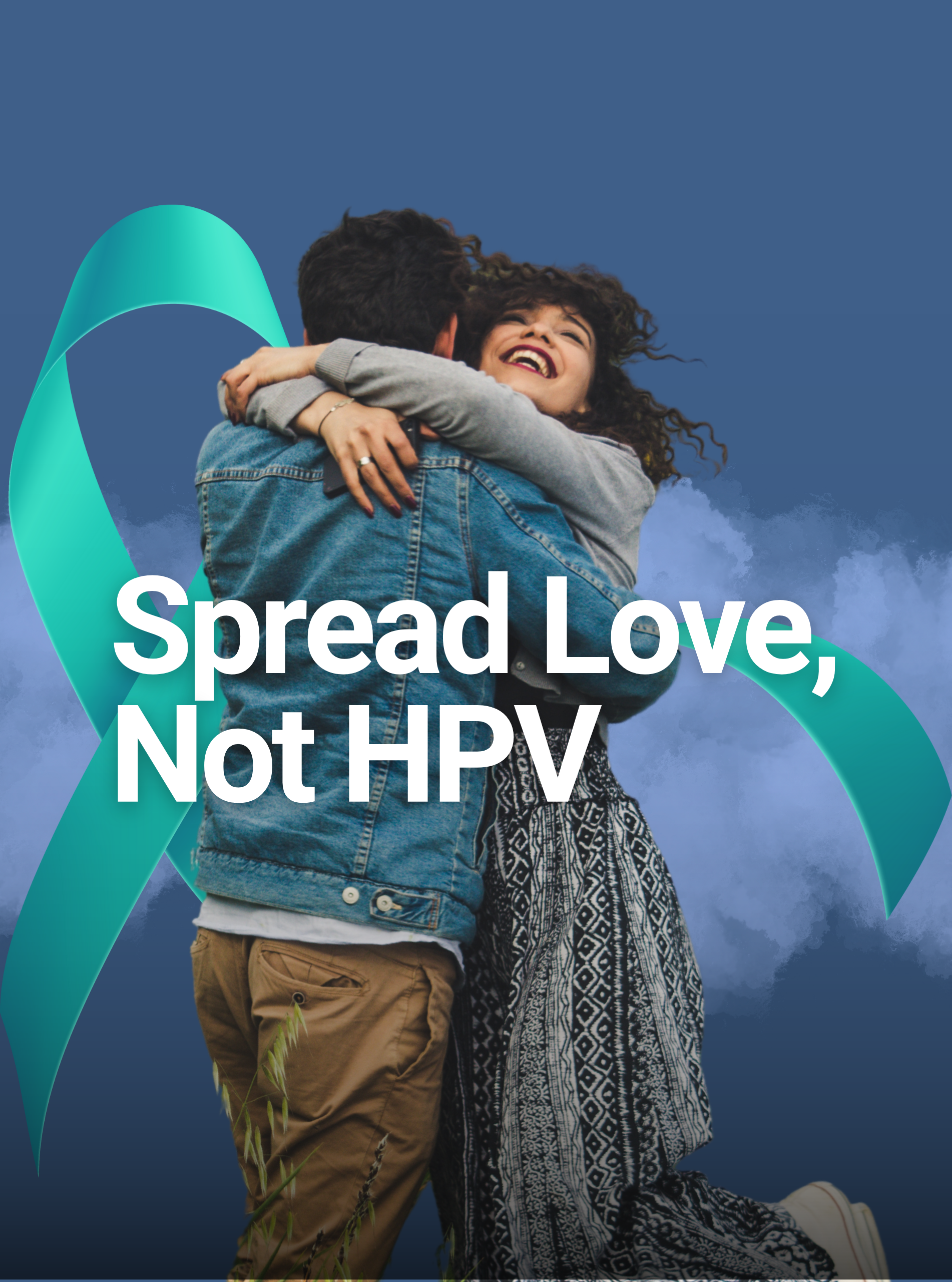
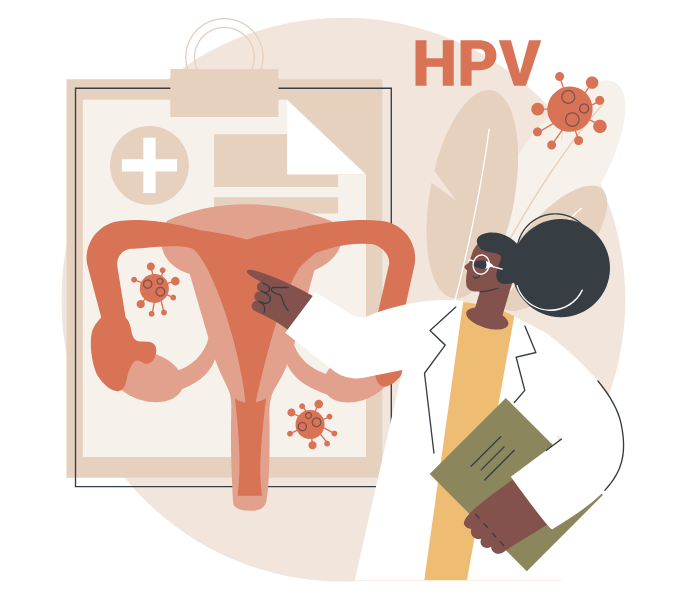
Human Papillomavirus or better known as HPV is a type of non-enveloped DNA virus that causes the most common sexually transmitted infection (STI) in humans. There are more than 150 different types of HPV but only about 40 types cause the disease in humans.
HPV is often categorized into high-risk type and low-risk types. The high-risk types of HPV pose greater health concerns to humans because some of them may cause cancer. Individuals who are sexually active will acquire HPV at some point in their lives, even if they have only a few sexual partners.
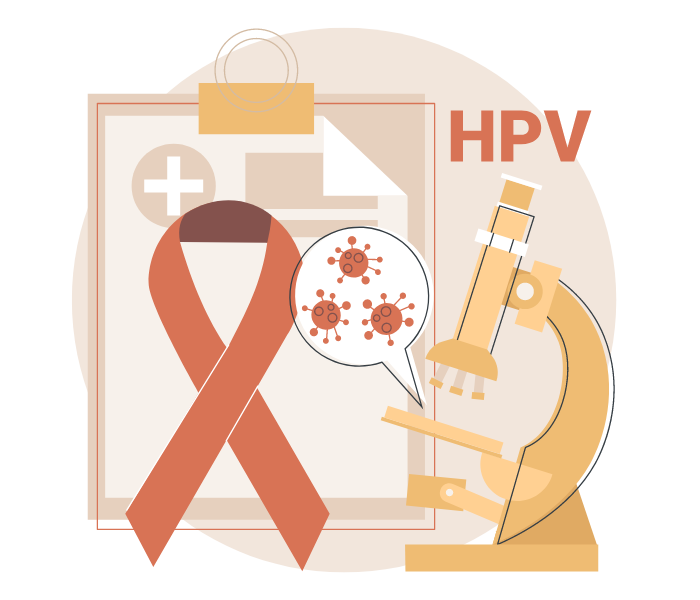
HPV is transmitted through skin-to-skin contact and intimate sexual contact with someone who is infected with the virus. In rare circumstances, a mother who has HPV during pregnancy can transmit the virus to her baby during delivery. When this occurs, the child may develop a condition known as recurrent respiratory papillomatosis and this may lead to the development of HPV-related warts in the airways.
There are two categories of sexually transmitted Human Papillomavirus. Low-risk HPV can cause warts on your genitals, anus, mouth or throat. High-risk HPV on the other hand cause various cancers like cervical, anal cancer, oral and throat cancer, vulvovaginal cancer and penile cancer.
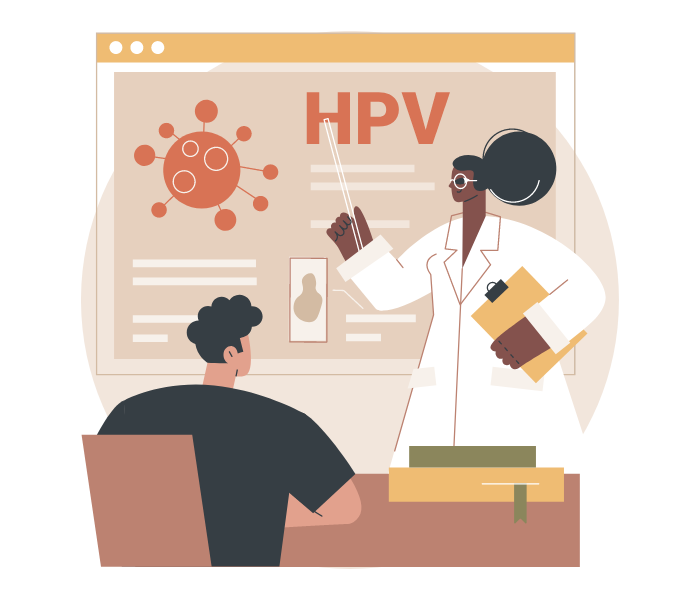
Nearly all sexually active individuals are infected with Human Papillomavirus once they become sexually active. However, there are several factors that can further increase your risk of HPV infection such as having multiple sexual partners, having sex with someone who has had several sexual partners, having sex without using barrier protection, contact with warts or surfaces where HPV exposure has occurred and not vaccinated against HPV.

About 90 per cent of HPV infections go away on their own in about one to two years due to our body’s immune response. However, immunocompromised individuals or the elderly may have persistent HPV infections.
When the virus still persists in your body, this can cause serious health problems. The symptoms depend on the type of HPV infected and the involved body sites. For instance, anogenital warts and warts in the throat or oral cavity. HPV can cause cancer of the cervix, genitals, head and neck cancer. Cancers caused by HPV often do not show symptoms until at a later stage. Therefore, regular health screening can help detect HPV-related conditions which can be treated earlier and improve survival.
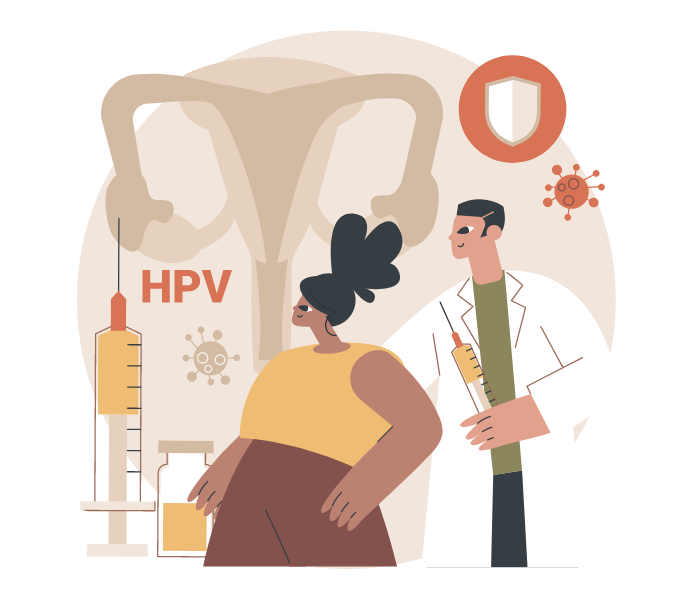
Effective use of barrier protection like condoms can reduce the chance of Human Papillomavirus infection but not completely eliminate the risk. This is because HPV can still be transmitted through areas that are not covered with condoms. Limiting the number of sexual partners remained one of the many effective ways of preventing the spread of HPV infection. Besides, the HPV vaccine can protect against several cancer and non-cancer-causing strains of HPV. Vaccines offer the most protection when people get them before they are exposed to the virus. Women should consider pap smears and HPV testing as part of the screening for cervical cancer. This procedure involves obtaining cells sample from the cervix for testing for any pre-cancerous changes or even cancer. HPV testing can also be done through this procedure.
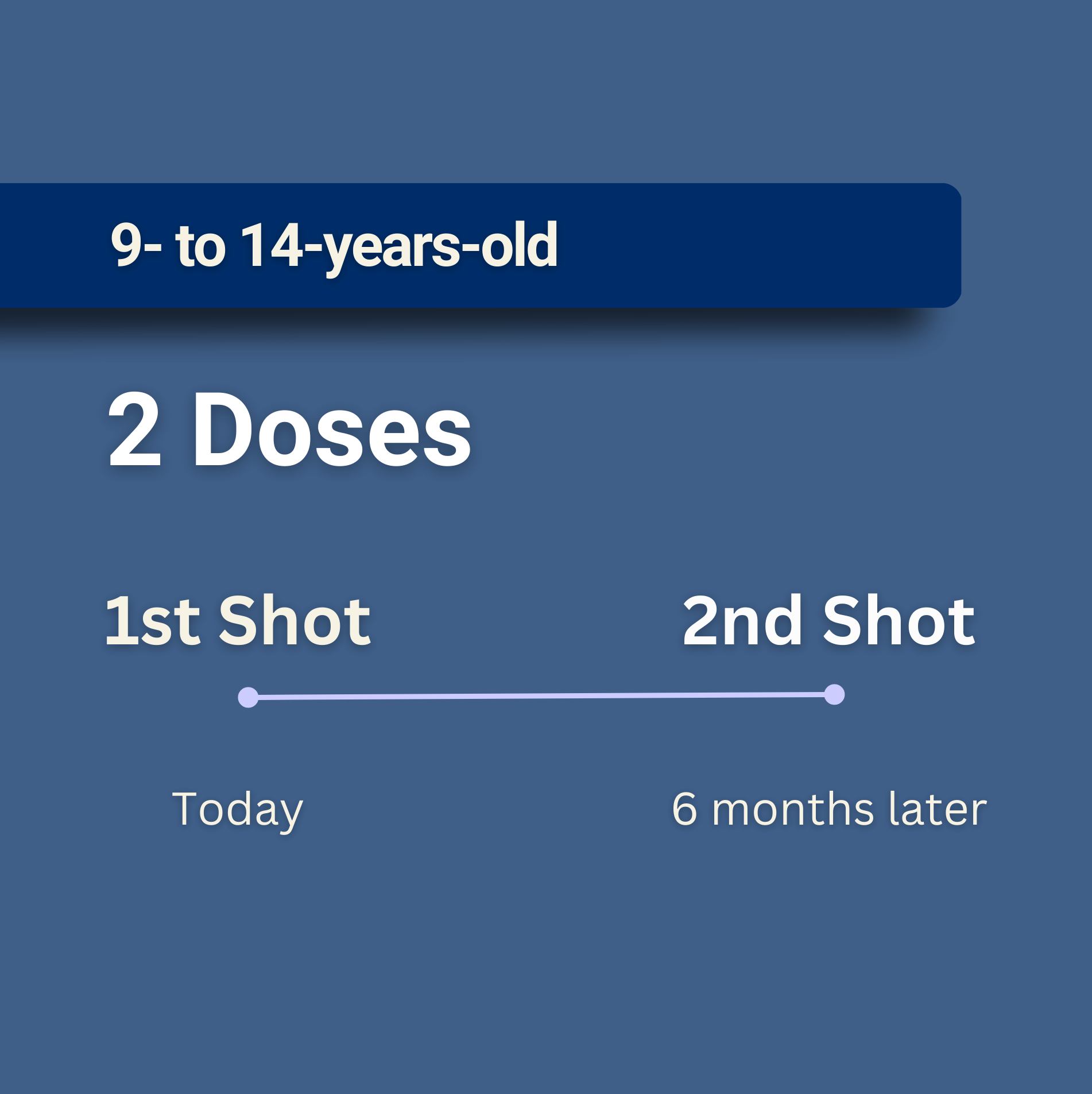
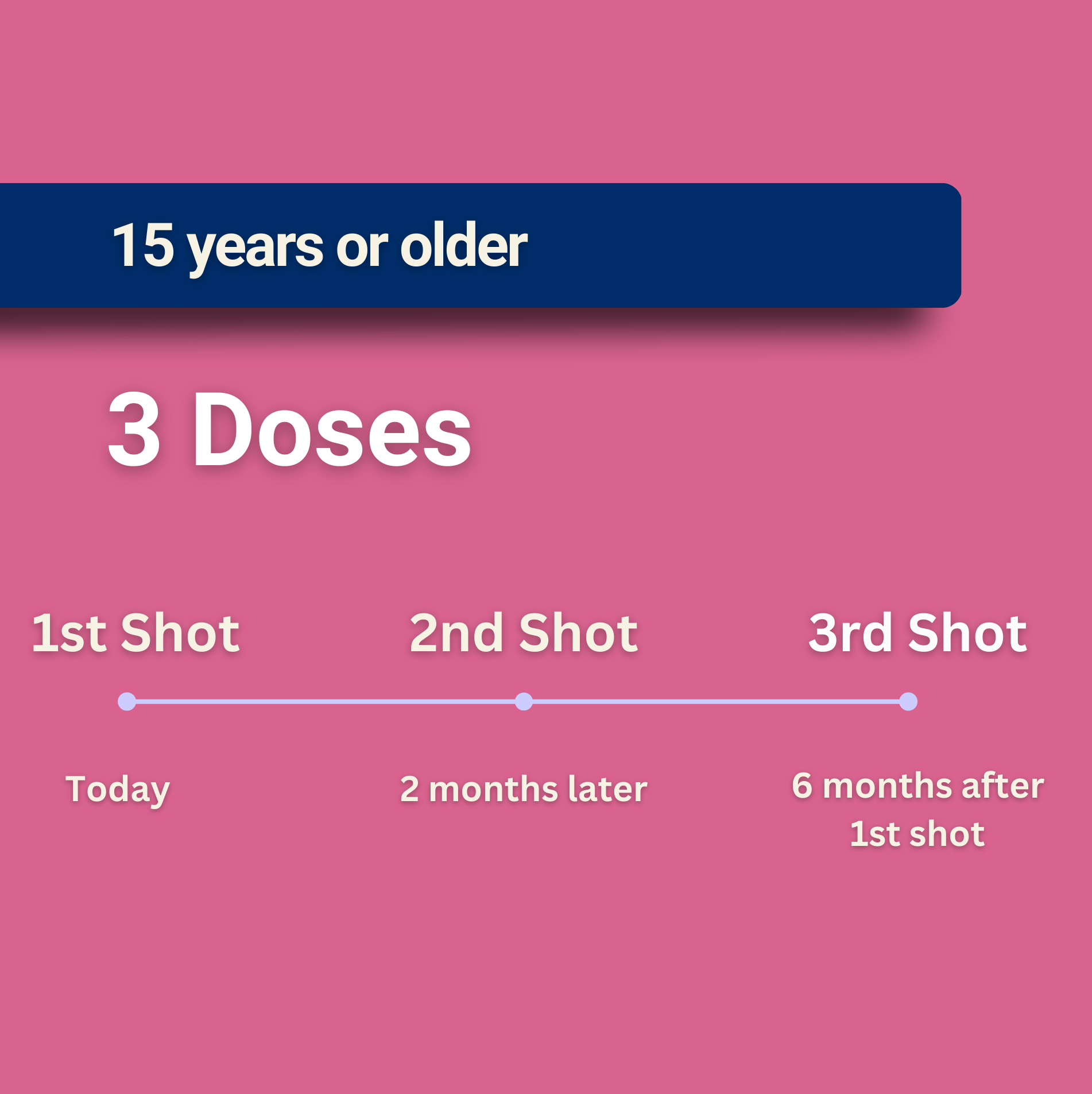



Life Care Diagnostic Medical Centre Sdn. Bhd. 200401034597 (673106-V)
Bangsar South
WhatsApp: 0122343610
1st Floor, Wisma Lifecare,
No. 5, Jalan Kerinchi, Bangsar South,
59200 Kuala Lumpur
Cheras South
WhatsApp: 01127213620
19A-2 & 19B-2, Block E, Kompleks Komersil Akasa,
Jalan Akasa, Akasa Cheras Selatan,
43300 Seri Kembangan, Selangor
Operating Hour:
Monday – Friday: 8.00am – 5.00pm
Saturday: 8.00am – 1.00pm
Sunday & Public Holidays: Closed
Drop us your email to know more about our monthly deals and health tips!